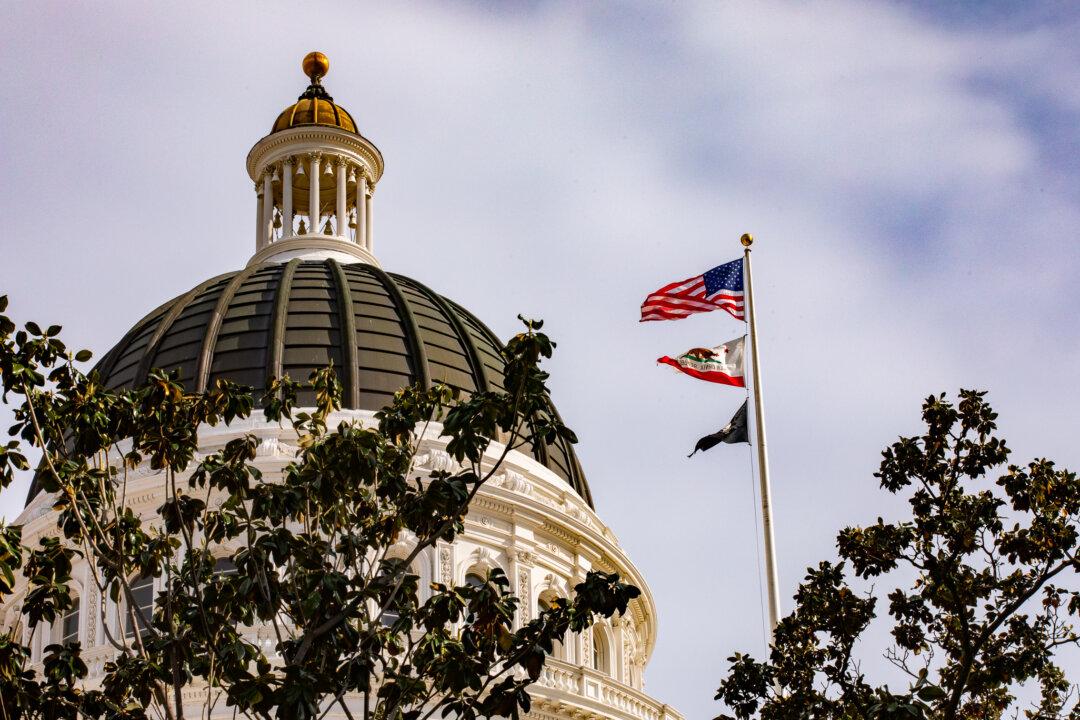A series of bills currently under consideration by the California Legislature would change the structure of meetings for state and local government, agencies, and neighborhood councils by extending teleconference options—temporarily enacted by executive order in 2020 during the pandemic.
While supporters suggest the measures would improve efficiency and allow for greater participation through online teleconferencing, critics say the bills would increase government secrecy and limit access to officials by journalists and constituents.





